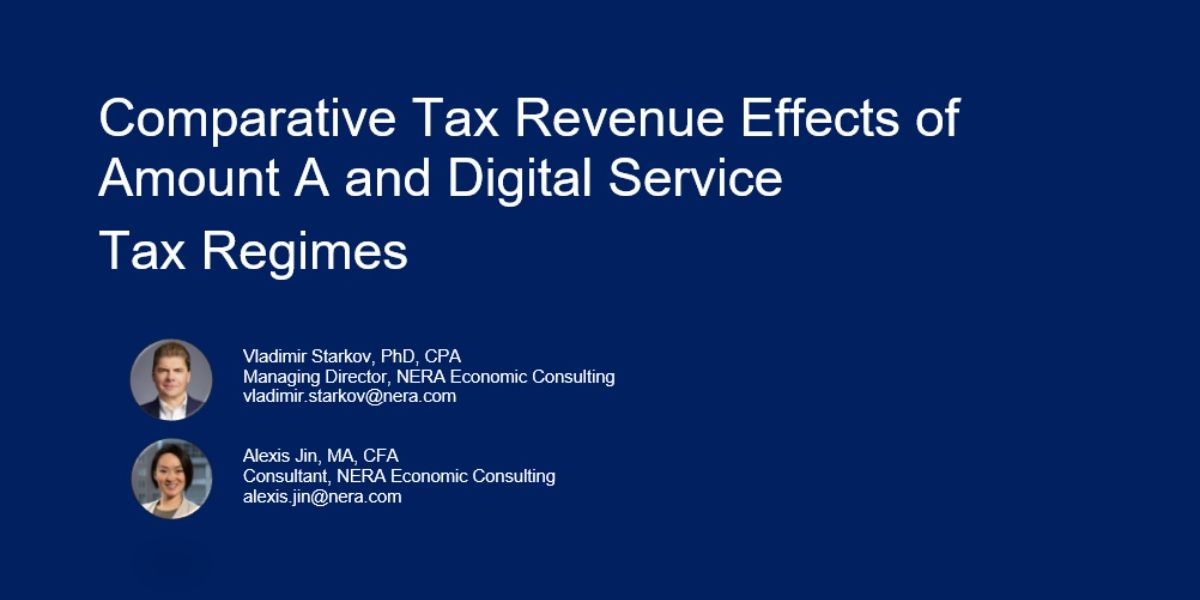A report released by the OECD on 26 September 2016 entitled Effective Carbon Rates: Pricing CO2 through Taxes and Emission Trading Systems suggests that current carbon prices are not high enough to reduce greenhouse gas emissions. The research also shows that moderate price increases could make a significant difference.
Effective Carbon Rates
Generally carbon dioxide emissions are priced either through carbon taxes or through emissions trading systems. The OECD research has produced data relating to the effective carbon rates and carbon dioxide emissions for energy use in six economic sectors in 41 countries. The countries studied are the OECD member countries and some partner economies including China and India.
The research looks at the effective carbon rate (ECR) which is the sum of specific taxes on energy use; carbon taxes; and the prices of tradable emissions permits where they are used in a particular country. Excise taxes are included as part of the ECR. On this basis the OECD finds that the average effective carbon rate (ECR) is EUR 14.4 per tonne of carbon dioxide. Of this amount 93.1% relates to excise taxes, 1.3% to carbon taxes and 5.6% to emissions trading systems.
Carbon pricing gap
The research looks at the gap between the ECR per unit of emissions and the low-end estimate of the cost of carbon. This is referred to as the carbon pricing gap and represents the amount by which the ECR falls short of the estimated cost of carbon (EUR 30 per tonne of carbon dioxide). The research indicates that the current carbon pricing gap is 81% but if carbon rates and sectoral coverage are increased to the level of the median country rate and coverage in each economic sector the carbon pricing gap could fall from 80.1% to 53.1%.
Effectiveness of tax and emissions trading
The research notes that ECRs are currently zero for around 60% of emissions from energy use, and are only at or above the estimated cost of carbon for around 10% of emissions. This suggests that there is plenty of scope for increasing the coverage in many sectors. The rates are higher for the road transport sector where around 46% of carbon dioxide emissions are subject to a rate of more than the estimated cost of carbon.
The OECD research finds that excise taxes are the main component of ECRs in all the sectors considered. Emissions trading systems raise the average rates in industry and the electricity sector but hardly affect rates at all in the transport sector. Carbon taxes only have a marginal effect on the ECRs.
The report concludes that carbon pricing may be strengthened by the use of both taxes and emissions trading. However emissions trading can only be effective with higher and more stable permit prices than those currently in operation. Taxes can be integrated into the existing tax systems and implementation is therefore simpler.
















